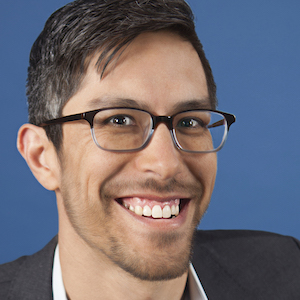I make it a habit to pay off my credit card balances in full every month. However, due to a recent email mishap, I was three days late on a payment for my Citi Dividend card. I made the minimum payment on time, thanks to my automatic bill pay, but the bill wasn’t paid in full until a few days after.
This month, I noticed a $1.29 finance charge on my bill. I expected a few pennies of interest from the late payment, but over a dollar? So I emailed Citibank. Maybe you can make some sense of the conversation:
how was this charge computed?
05/25/07 05:11:07 PM 1 of 1
You wrote:On my most recent statement I have the charge:
05/14 05/14 00000000 PURCHASES*FINANCE CHARGE*PERIODIC RATE Standard Purch 1.29
Could you explain how this was computed? It seems larger than I expected for being three days late with a payment.
Re: how was this charge computed?
05/25/07 06:55:01 PM 1 of 1
Customer Service Wrote:Paying your balance in full by the payment due date saves you money because it allows you to take advantage of your 20-25 day grace period on purchases. If you wish to take advantage of this period, simply make sure that we receive your full payment by the payment due date.
However, if we do not receive your full payment by the payment due date every month, the finance charges for purchases will begin to accrue from the date the transaction is added to your balance. They will continue to accrue until payment in full is credited to your account. This means that when you make your final payment on these balances, you will pay interest for the time between the date your last statement prints and the date your payment is credited to your account.
Once you have paid your account in full by the payment due date for two consecutive months, you may again be able to take advantage of the 20-25 day grace period.
Thank you for using our website.
RE: how was this charge computed?
05/25/07 07:28:21 PM 1 of 1
You wrote:So to clarify – if I pay my bill on time, but not in full, then on future bills I am charged interest for the time between my statement date and the date my payment is credited to my account?
RE: how was this charge computed?
05/25/07 09:32:05 PM 1 of 1
Customer Service Wrote:We calculate your finance charges in the following manner:
The daily balance for purchases and cash advances is multiplied by the daily periodic rate each day of the billing period, including the statement closing date. The daily balance includes the beginning balance for purchases and cash advances, plus new transactions and finance charges from the previous day, minus any new payments or credits. The balance subject to finance charges equals the total of all daily balances for the billing period, divided by the number of days in the billing period. The finance charge for purchases and cash advances is the balance subject to finance charges, multiplied by the number of days in the billing period and then by the daily periodic rate.
Thank you for using our website.
Seriously, do they pay someone to make this unintelligible? I was inches away from getting a Ph.D. in engineering and I can’t even understand the last message.
I think they’re telling me that if I don’t pay my balance in full, then for the next two months I will be charged interest starting from the day my statement is printed. Even if the payment due date is three weeks after the statement date, I’ll still be charged interest for that time.
To clarify – even though I didn’t miss a payment due date, I will still be charged interest on future purchases, even if I pay them off before the payment due date as well. I’m pissed. Time to look for a new credit card.

